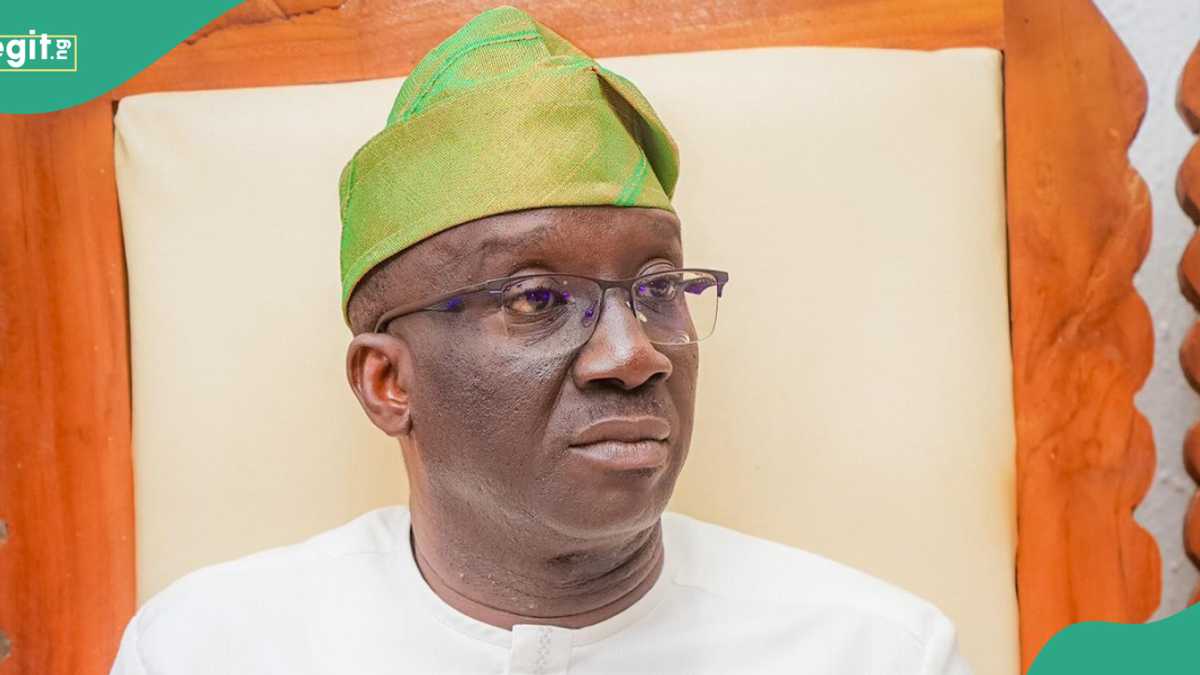- The Joint Admissions and Matriculation Board (JAMB) has clarified its statement regarding the cut-off marks for admission.
- Legit.ng reported that JAMB pegged 140 as a "cut-off" mark for university and 100 for admission into polytechnics and colleges of education for the 2024/2025 academic year
- In a new development, JAMB noted that the 'cut-off mark' is pegged at the "minimum tolerable score determinable by individual institutions"
Legit.ng journalist Esther Odili has over two years of experience covering political parties and movements.
The Joint Admission and Matriculation Board (JAMB) has clarified that it does not set cut-off marks for admissions into higher institutions nationwide.
In a statement posted on its official X account on Thursday, the Board dismissed reports that it had set 140 as the cut-off mark for universities and 100 for polytechnics.
“There’s no such thing as ‘cut-off mark’ in admission process to tertiary institutions in Nigeria, what’s obtainable is minimum tolerable score determinable by individual institutions,” it said.The denial comes just one day after it was widely reported, that the Board had pegged 140 as a cut-off mark for admission into universities, and 100 as the minimum cut-off point mark for admission into polytechnics and colleges of education in Nigeria.
The statement attributed to JAMB Registrar, Professor Ishaq Oloyede, quoted him as announcing the development in Abuja at the 2024 Policy meeting of the Board.
FG fixes age for admission into tertiary institutions
Earlier, Legit.ng reported that President Bola Ahmed-led federal government announced a minimum age for admission into tertiary institutions in the country.
Minister of Education, Professor Tahir Mamman, pegged the age for admission into tertiary institutions at 18-year-old.
Professor Mamman said underaged students are responsible for some of the problems in Nigerian higher institutions.
Source: Legit.ng
















 English (US) ·
English (US) ·